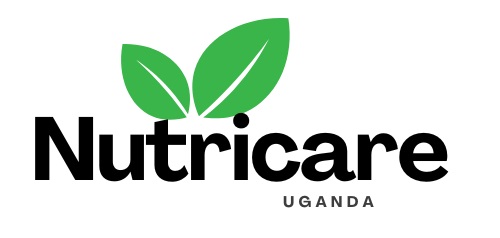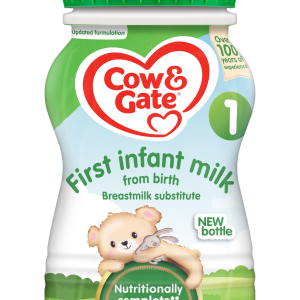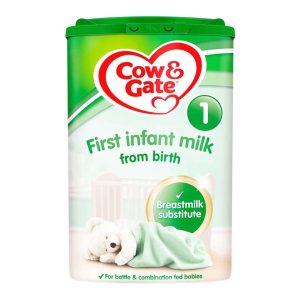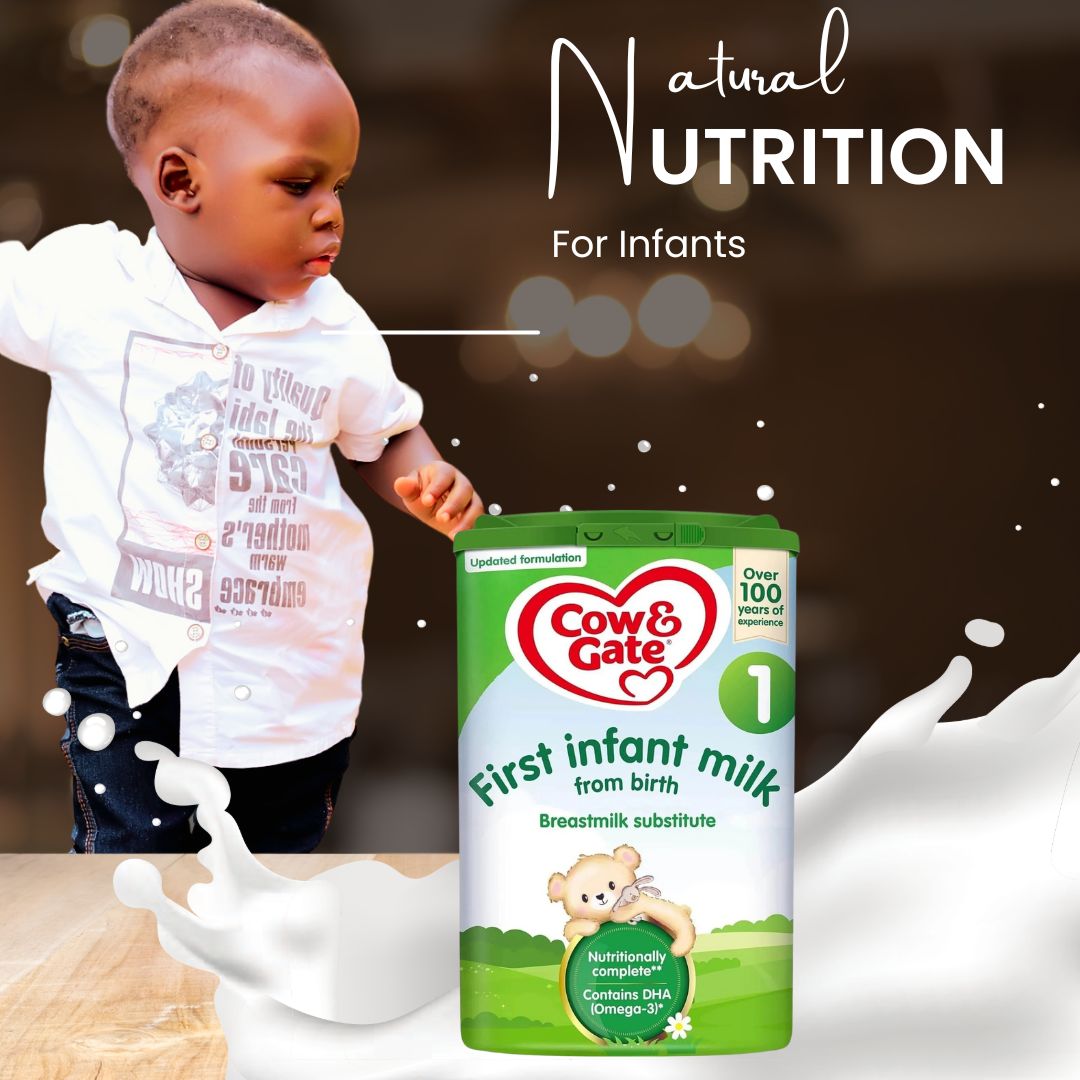
An overview of Toddler Formula Benefits
Toddler formula benefits are many for young children, particularly those who are picky eaters or have specific dietary needs, but it is generally not necessary for most toddlers. Whole cow’s milk, when paired with a balanced diet, can adequately meet the nutritional needs of toddlers aged one and older.

Potential toddler formula benefits

- Nutrient Supplementation:Toddler formulas are often fortified with extra vitamins and minerals like vitamin D, DHA, iron, and calcium, which can be helpful for children with nutrient deficiencies or those who are not consuming enough of these nutrients through their diet.
- Picky Eaters:For toddlers who are reluctant to eat a wide variety of foods, toddler formula can provide a source of essential nutrients they may be missing.
- Weight Gain:In cases where a toddler is underweight or struggling to gain weight, toddler formula can offer extra calories and nutrients to support healthy growth.
- Allergies or Intolerances:Some toddler formulas are designed to be dairy-free or soy-free, providing an alternative for children with allergies or intolerances to cow’s milk or soy products.
- Transition from Breastmilk/Infant Formula: Some parents use toddler formula as a way to transition their child from breastfeeding or infant formula to cow’s milk and solid foods.

What is Toddler Formula?

Toddler formula is a specially designed milk-based or plant-based product that aims to meet the nutritional requirements of children aged 9 months to 4 years. It is formulated to provide essential vitamins, minerals, and nutrients needed for busy toddlers who are often exploring new foods and flavors. While breast milk remains the gold standard for feeding infants, toddler formula serves as an excellent alternative or supplement for many families.
Key Nutritional Benefits

Toddler formulas are crafted to support the nutritional needs of toddlers during their active growth phases. Here are some of the notable benefits:
-
- Balanced Nutrition: Toddler formula contains a carefully balanced mix of proteins, carbohydrates, and fats that toddlers need to grow and thrive. It often includes iron, DHA, ARA, and other essential nutrients that support cognitive and physical development.
-
- Added Vitamins and Minerals: Many toddler formulas are fortified with a wide array of vitamins and minerals, including Vitamin D, calcium, and zinc. These nutrients are crucial for bone health, immune function, and overall wellness.
-
- Easy Digestibility: Toddler formulas are designed to be gentle on little tummies. They are often easier to digest than whole cow’s milk, making them suitable for children who may have sensitivities or struggles with lactose.
-
- Support for Growth: The nutritional composition of toddler formula is tailored to support fast-growing toddlers, ensuring they receive the necessary energy and nutrients to keep up with their developmental milestones.
Convenient for Busy Families

Life with toddlers can be hectic, and maintaining a balanced diet sometimes falls by the wayside. Toddler formula offers a convenient option for parents to ensure that their children are getting the required nutrients even during busy days. It can easily be prepared and consumed on-the-go, making it an excellent choice for outings, travel, or even as a snack when meal times are unpredictable.
Encourages Healthy Eating Habits

Introducing toddler formula can help ease the transition to solid foods by providing a familiar source of nutrients. It can serve as a nutritional bridge, allowing parents to gradually introduce various foods into their child’s diet without compromising their nutritional intake. This can also promote a positive attitude toward different tastes and textures as toddlers become more adventurous eaters.
Supplementing a Picky Eater’s Diet

Many toddlers go through phases of selective eating, which can make it challenging for parents to ensure their little ones are getting enough nutrition. Toddler formula can be a useful supplement during these times, providing all the key nutrients that might be lacking in their diet. It allows parents to feel confident that their child is still receiving adequate nutrition, even if their food choices are limited.
Supporting Immunity

Early childhood is often a time when children are exposed to new environments and germs that can affect their immune system. Many toddler formulas contain immune-supporting ingredients such as prebiotics and probiotics that promote gut health. A healthy gut is crucial for a strong immune system, helping to fight off infections and illnesses that children might encounter.
Important considerations on toddler formula
Consult a Healthcare professional
While toddler formula offers several benefits, it is essential for parents to consult with pediatricians or healthcare providers when introducing it to their child’s diet. Healthcare professionals can help assess individual nutritional needs, dietary restrictions, and any potential allergies. They can provide personalized recommendations to ensure that toddlers receive the most beneficial nutrients suited to their specific health situations.
Cow’s Milk as a Primary Source: The American Academy of Pediatrics (AAP) advises that most toddlers can get the nutrients they need from pasteurized whole cow’s milk, paired with a balanced diet.
Unnecessary Marketing Claims: Toddler formulas are often marketed with claims of “improved brain development” or “improved immune function,” but these claims are not always supported by scientific evidence.
Consult with a Healthcare Professional: If you are considering using toddler formula for your child, it’s important to consult with a pediatrician or other healthcare professional to determine if it’s appropriate and to choose the right formula based on your child’s individual needs.
Regulation: Public health authorities generally do not recommend toddler milks and there are no specific regulations on the marketing of these products.
Potential Harm: Some studies suggest that toddler milks may not be beneficial and could potentially be harmful, particularly if they displace nutrient-rich foods or are used as a substitute for breast milk or infant formula.
Conclusion
Toddler formula can play an important role in your child’s diet, offering a convenient source of balanced nutrition that supports growth, development, and overall health. By recognizing the benefits and utilizing toddler formula wisely, parents can positively influence their children’s eating habits and ensure they are well-nourished during these critical years. Whether used as a meal replacement or a nutritional supplement, toddler formula can be a valuable tool in fostering a healthy foundation for little ones as they grow and thrive.

 Cow and Gate 1 Ready To Use
Cow and Gate 1 Ready To Use  Cow and Gate 1 800g
Cow and Gate 1 800g 